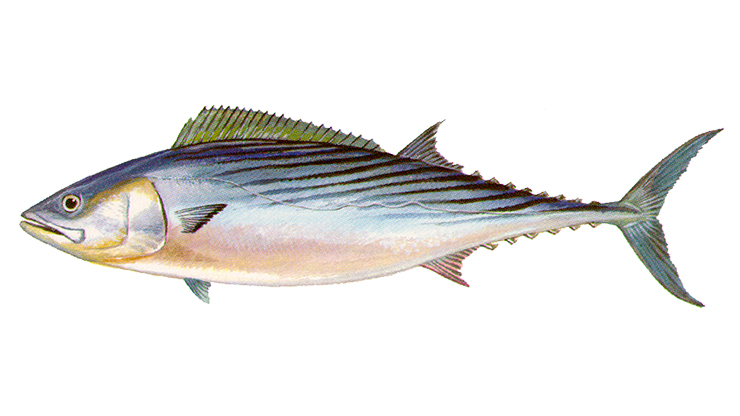
After being alerted by Chemours that sediment is washing into Cape Fear River, Cape Fear Public Utility Authority announced Thursday there will be daily per- and polyfluoroalkyl substances, or PFAS, monitoring of the untreated water.
Supporter Spotlight
CFPUA has reached out to state Department of Environmental Quality officials for guidance on addressing the situation after being informed Wednesday evening by Chemours that PFAS remediation work at its Fayetteville Works plant sent an increased volume of sediment into the river.
“As you know, pursuant to a Consent Order with the State of North Carolina and Cape Fear River Watch, Chemours, as part of its commitment to reduce PFAS loadings to the Cape Fear River, is constructing a system to capture and treat flow in a conveyance at its Fayetteville Works referred to as Old Outfall 002,” Christel Compton, Fayetteville Works environmental manager, wrote in an email sent at 7:32 p.m. Wednesday, according to the news release from CFPUA.
“In connection with that construction, our consultants visually observed this afternoon an apparent increase in the quantity of sediments being carried from the mouth of Old Outfall 002 to the River. We have ceased, pending further review, the specific construction activity that took place over the last day that we believe may have contributed to this increase,” she continued. “We do not know at this time whether any increase in sediments will also result in a short term increase in PFAS levels downstream. We initiated expedited sampling this evening to determine if a sediment increase has resulted in an increase in such PFAS levels. We will notify you of the results of that sampling.”
CFPUA has regularly monitored PFAS levels in the Cape Fear since 2017 and publishes results online, and after hearing from Chemours, staff immediately began sampling the raw, untreated river water to monitor PFAS levels. The daily sampling is temporary and updates will be provided when available. The analysis at a contracted lab typically takes two to three weeks.






